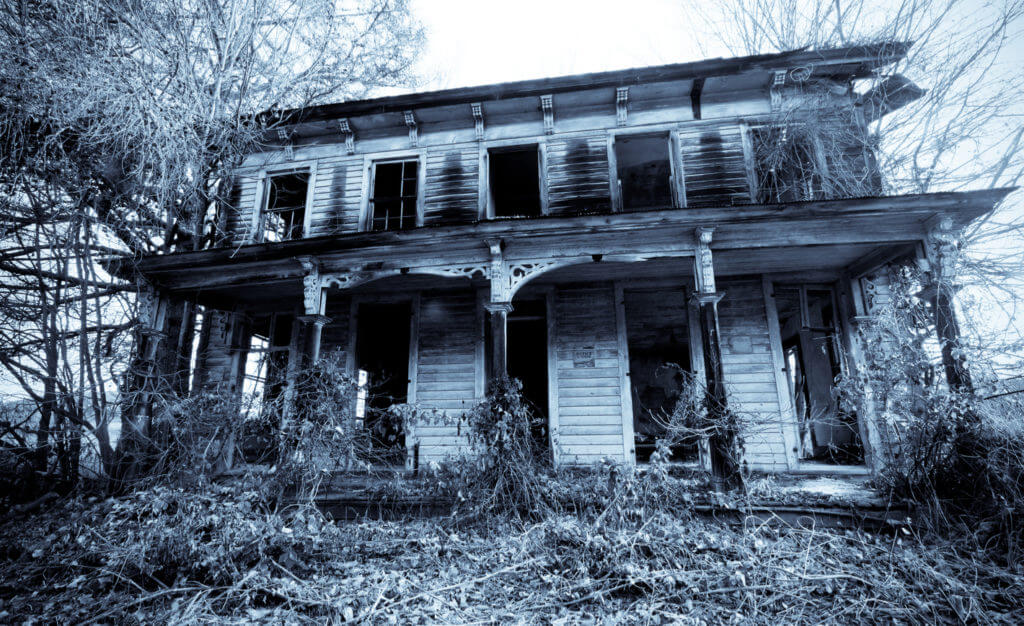If your house is haunted, how do you sell it? Do you have to disclose the spectral presence to prospective buyers?
Believe it or not, there is legal precedent for how to sell a haunted house, even though there is no legal definition – or scientific proof – of haunting.
Haunted by ghosts supernatural or historical
Ghostbuster case
In 1990, Stambovsky v. Ackley, known as the “ghostbuster case,” dealt with the sale of a house in Nyack, New York that had been identified as haunted in Readers’ Digest and the local newspaper, and was listed as a haunted house on a local walking tour. When the Ackleys sold the house to Jeffrey Stambovsky, they did not disclose the reputed haunting. After Stambovsky discovered the house’s spooky reputation, he filed an action requesting rescission of the contract of sale. The New York Supreme Court dismissed his case based on the state’s adherence to the doctrine of caveat emptor.
Stambovsky appealed and won a reversal of the trial court’s decision. The appellate court determined that it was irrelevant whether the house was truly haunted. The critical factor was the reputation for haunting, which affected the home’s resale value and which the buyer could not have discovered through usual due diligence. In an opinion that gleefully celebrated the unusual nature of the case, the court conjured the “hobgoblin” of a real estate market in which homebuyers must hire mediums as well as structural engineers to inspect houses.
The lesson to learn from the ghostbuster case is that if you believe your house to be haunted, you should probably keep quiet about it – or having failed to do so, you must disclose the house’s reputation when you put it on the market. Who knows? For the right buyer, it could be a selling point.
Houses with bad reputations
Ghostly emanations aren’t the only reason a house can acquire an unsavory reputation. Some more easily verifiable circumstances can also turn a home into a stigmatized property whose history might need to be disclosed. A suicide or murder on the property may not be a material flaw, but may be subject to disclosure laws in some states. Arizona and Indiana have specific statutes protecting a seller’s right not to disclose such stigmatizing histories. California, on the other hand, requires disclosure of any death in the home, regardless of circumstances, in the past three years.
Common law is moving away from caveat emptor and “as-is” sales in favor of requiring sellers to provide more information to potential buyers. So, while it is always useful to know the real estate laws in your state, best practice is to reveal any potentially significant information. A lost sale is less trouble than a lawsuit.
Ghost-like liabilities
Even if your buyers aren’t afraid of ghosts, you may be liable for electrical malfunctions and other physical manifestations. Many of the signs of haunting can be traced back to material flaws in the property, like faulty wiring, which poses a fire hazard. Physical problems in a home are always subject to disclosure, no matter how spooky they may seem.




